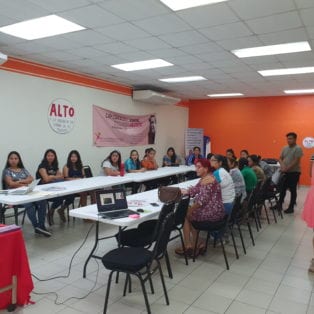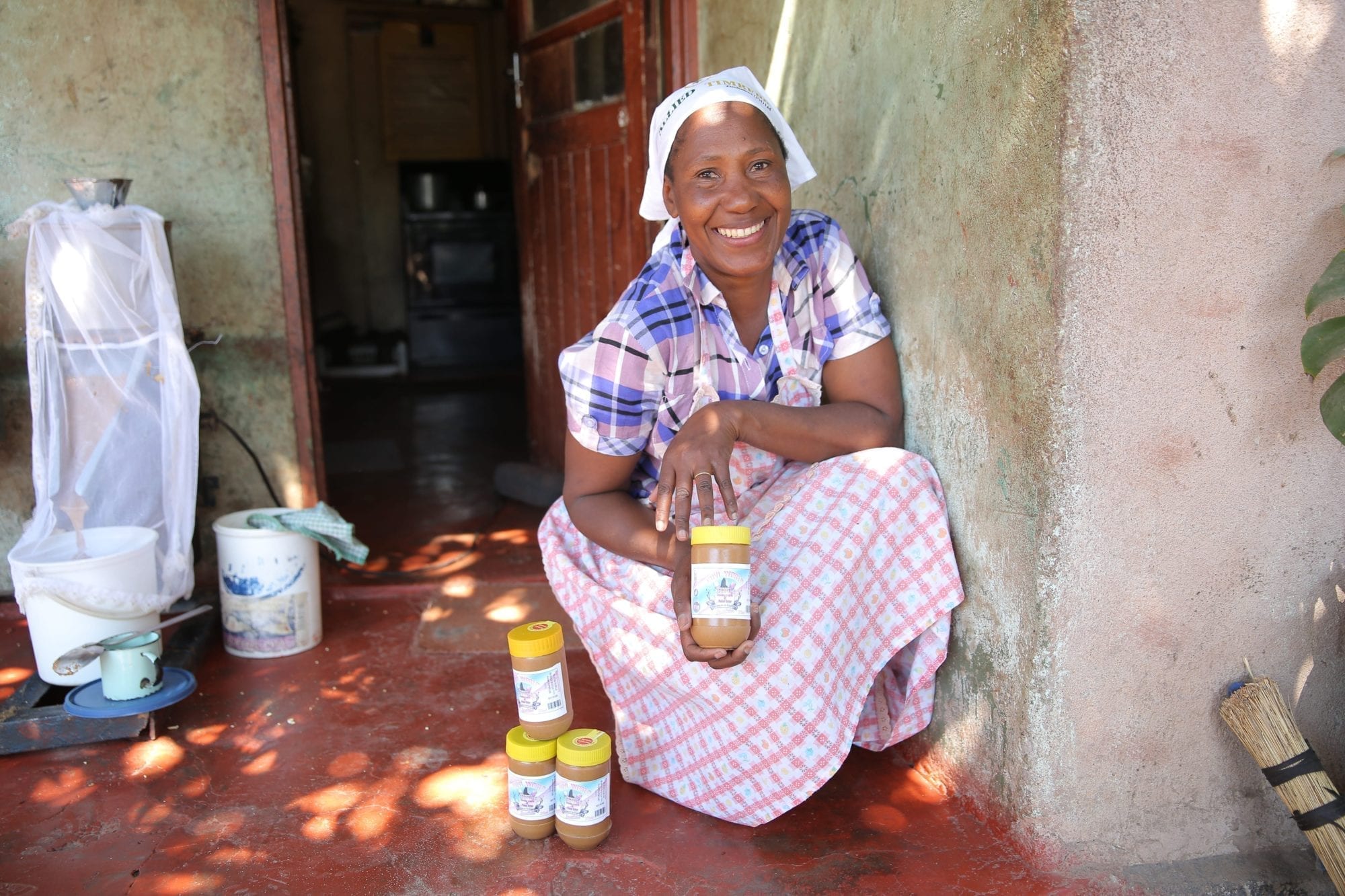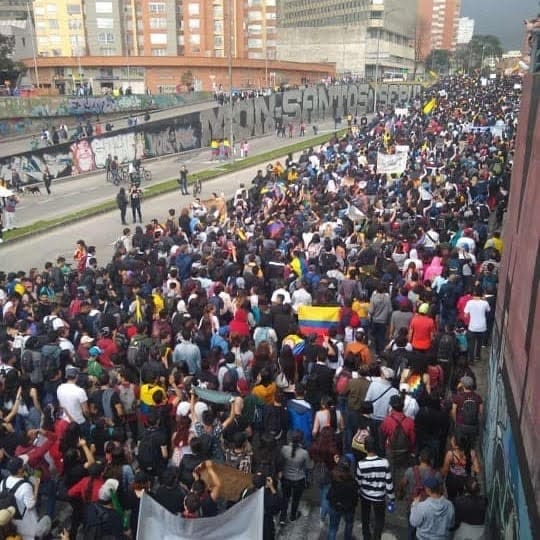Domestic workers in Honduras increasingly are exercising their rights on the job in the country, where they have few labor law protections and so are especially vulnerable to abuse. More than 100 workers recently joined SINTRAHO (Sindicato Nacional de Trabajadoras del...

The Solidarity Center assists workers in the informal economy, such as market vendors in Zimbabwe, come together to assert their rights and raise living standards. Credit: ZCIEA
Some 2 billion people work in the informal sector as domestic workers, taxi drivers, and street vendors, many of them women workers. Informal economy work now comprises the majority of jobs in many countries and is increasing worldwide. Although informal economy workers can create up to half of a country’s gross national product, most have no access to health care, sick leave or support when they lose their jobs, and they have little power to advocate for living wages and safe and secure work.
The Solidarity Center is part of a broad-based movement in dozens of countries to help workers in the informal economy come together to assert their rights and raise living standards. For instance, three affiliates of the Central Organization of Trade Unions-Kenya (COTU-K), a Solidarity Center partner, signed agreements with informal worker associations to unionize the workers, enabling them to access to the country’s legal protections for formal-sector employees.
Find out more about informal workers gaining power by joining together in unions and worker associations in this Solidarity Center-supported publication, Informal Workers and Collective Action: A Global Perspective.
With Unions, Informal Economy Workers Gain Rights
Taxi drivers in Ghana, tortilla vendors in Honduras and Asian domestic workers in countries across the Gulf region—all are part of the world’s informal economy, comprising 2 billion workers or 61 percent of the global workforce. Although informal economy workers...
Colombia Marches Against Measures that Hurt Workers, Youth and Pensioners
Tens of thousands of Colombians have taken to the streets across the country today, simmering with anger over the government’s moves to cut wages and pensions, restrict the right to protest, hike energy prices and reward corporations with tax cuts, among other...
No Results Found
The page you requested could not be found. Try refining your search, or use the navigation above to locate the post.



